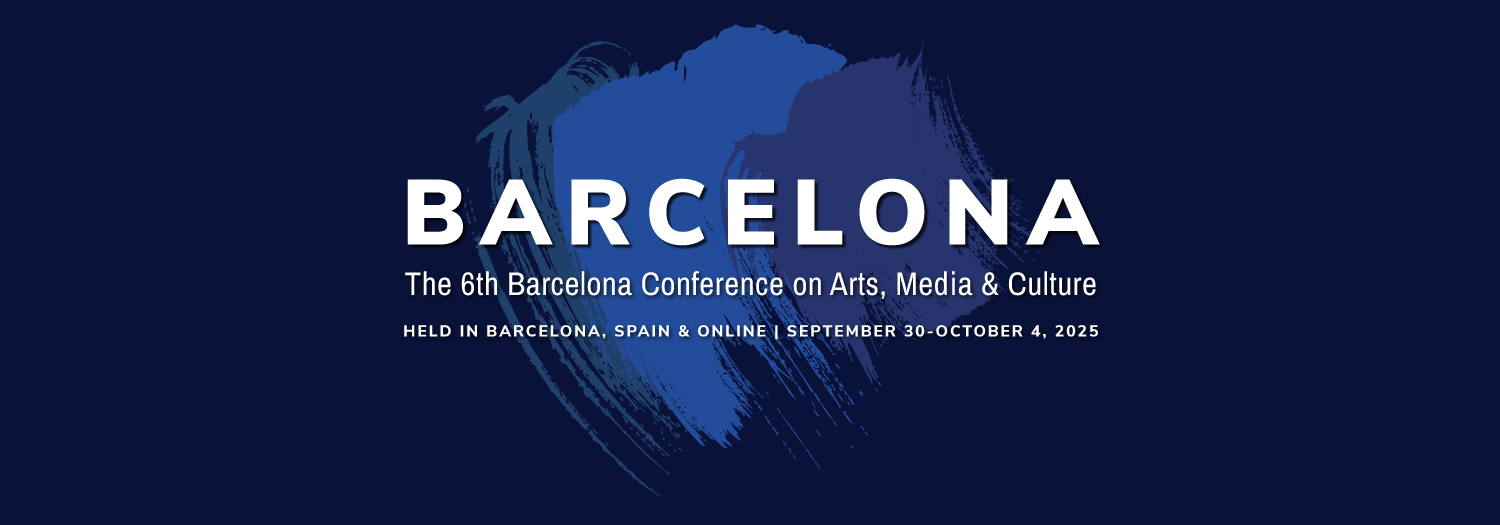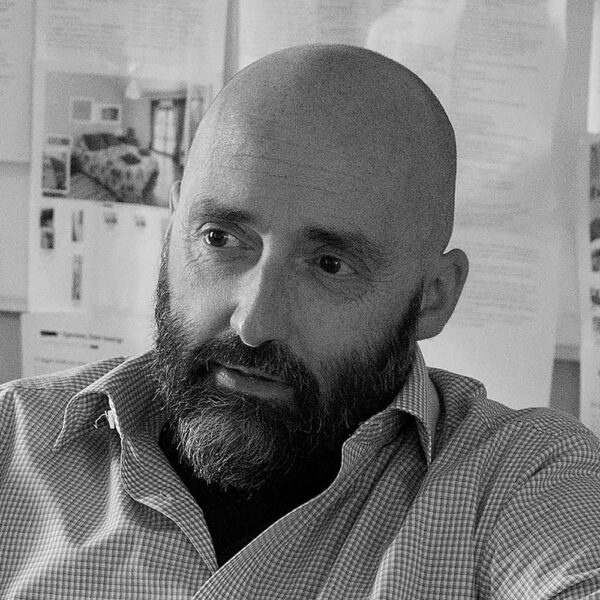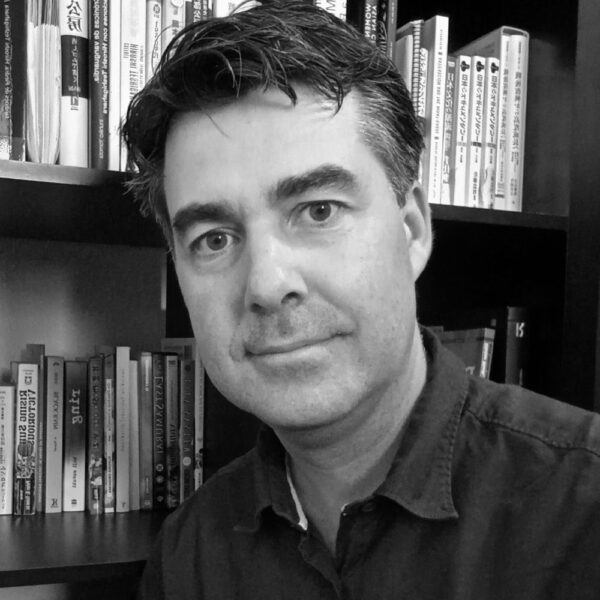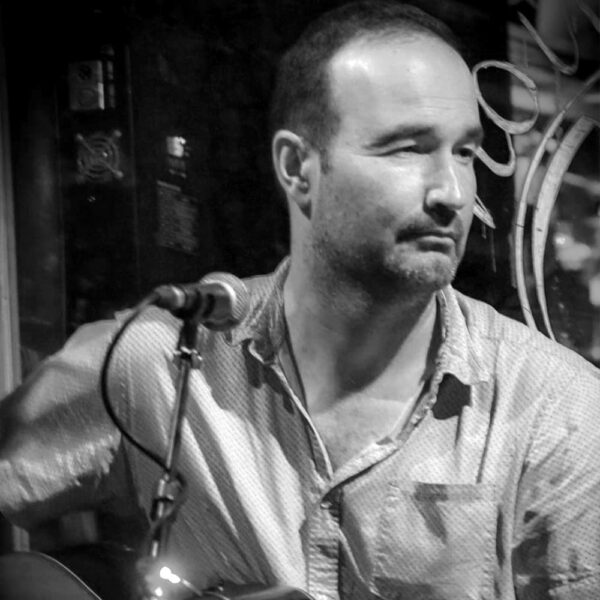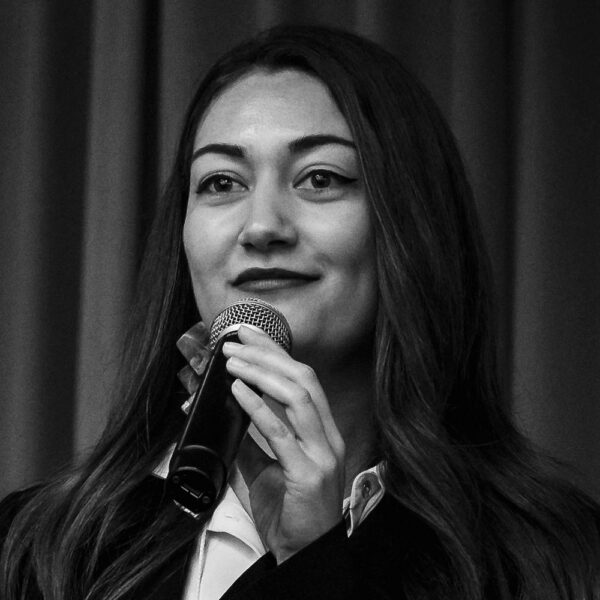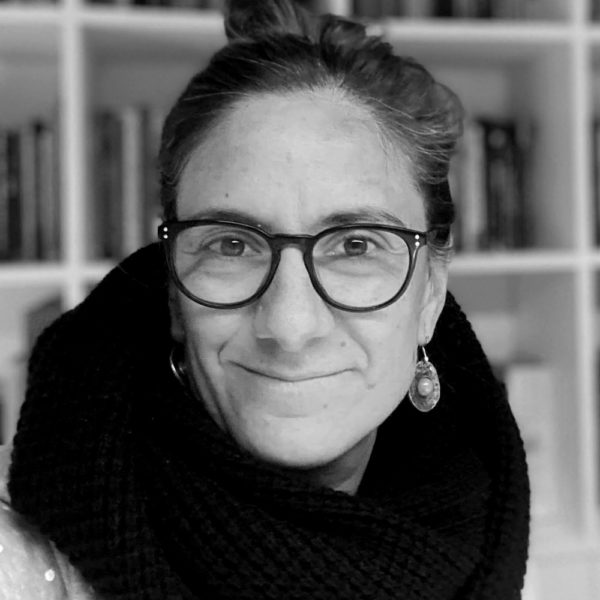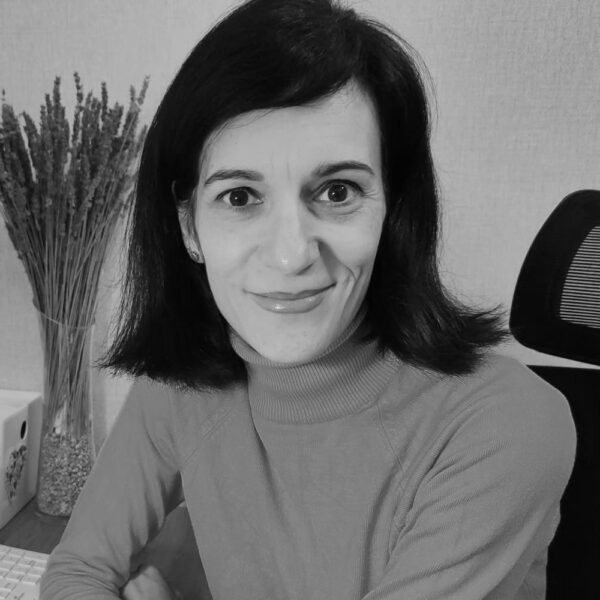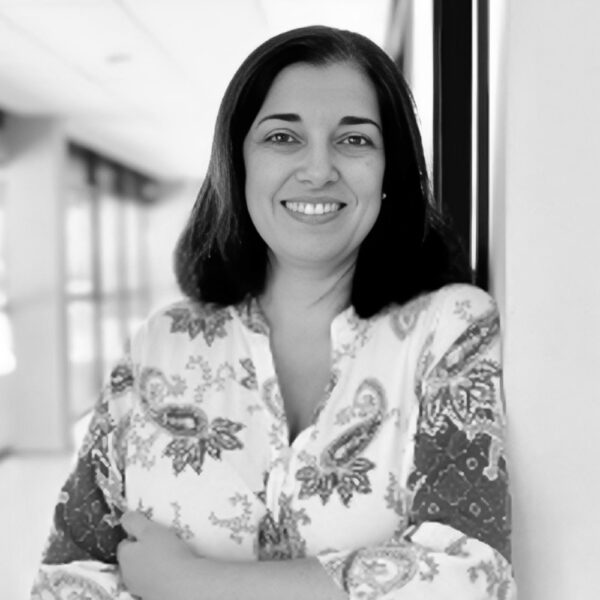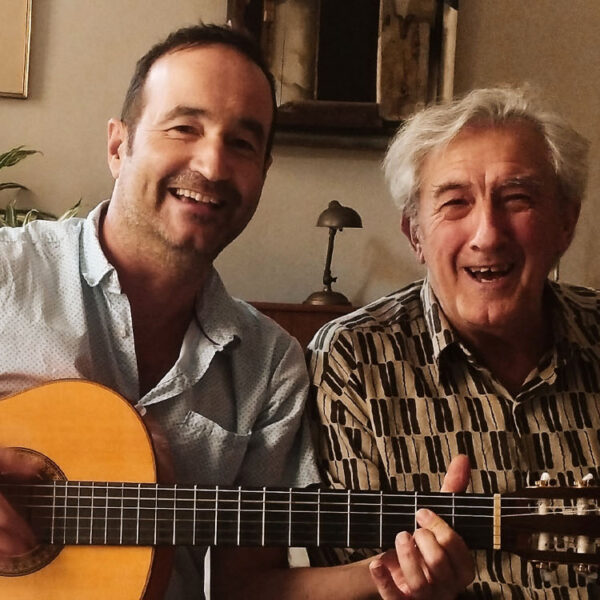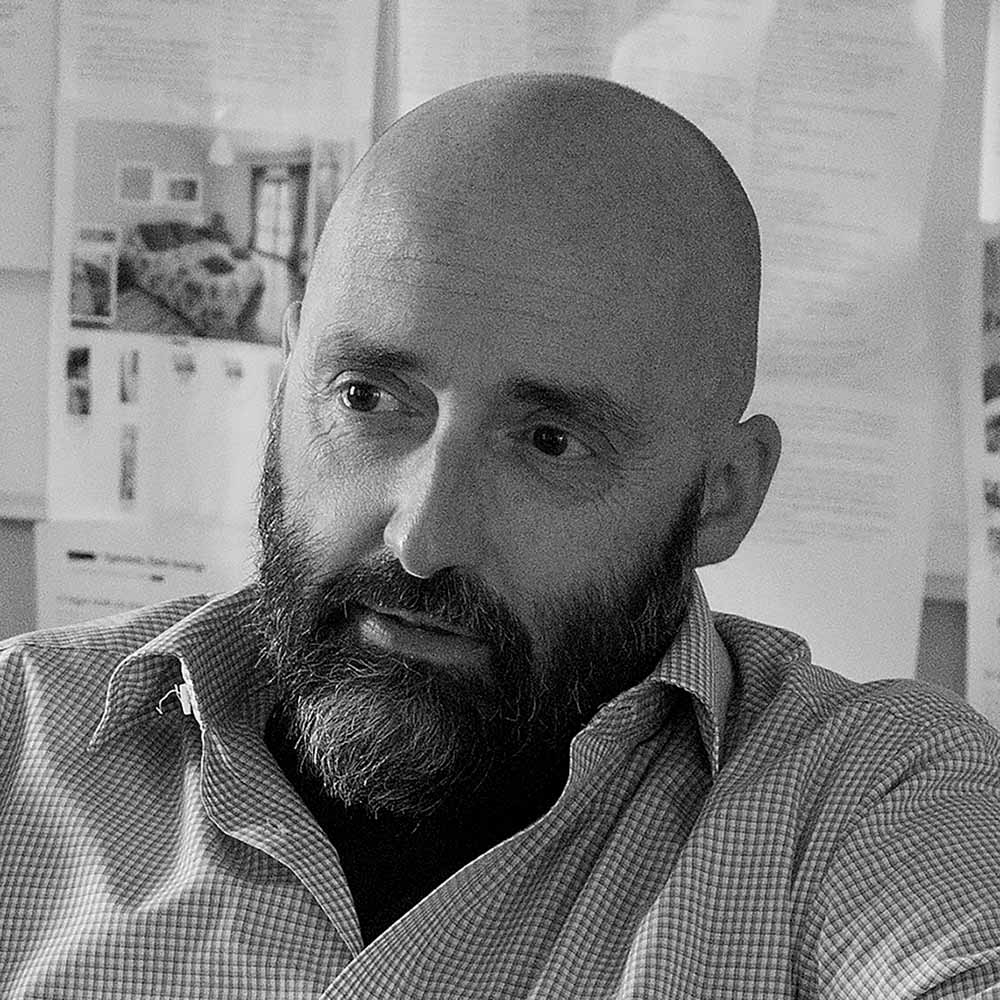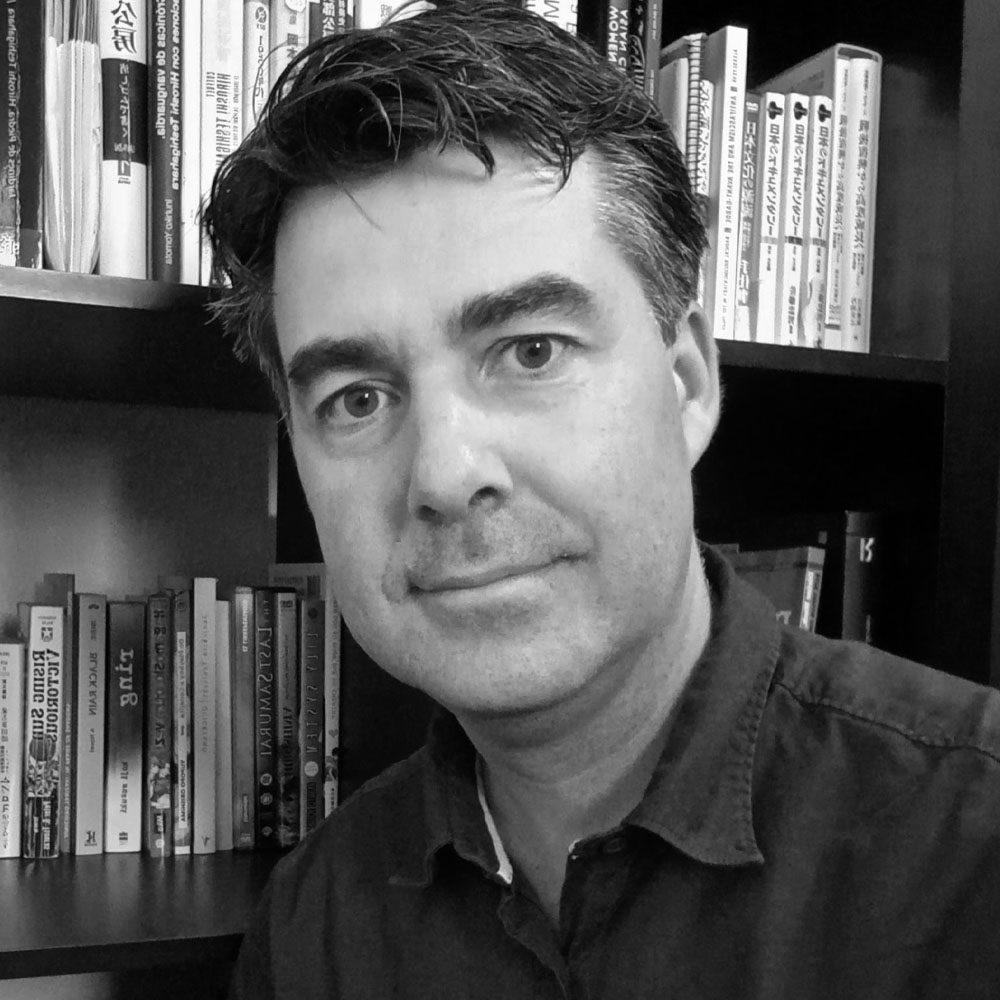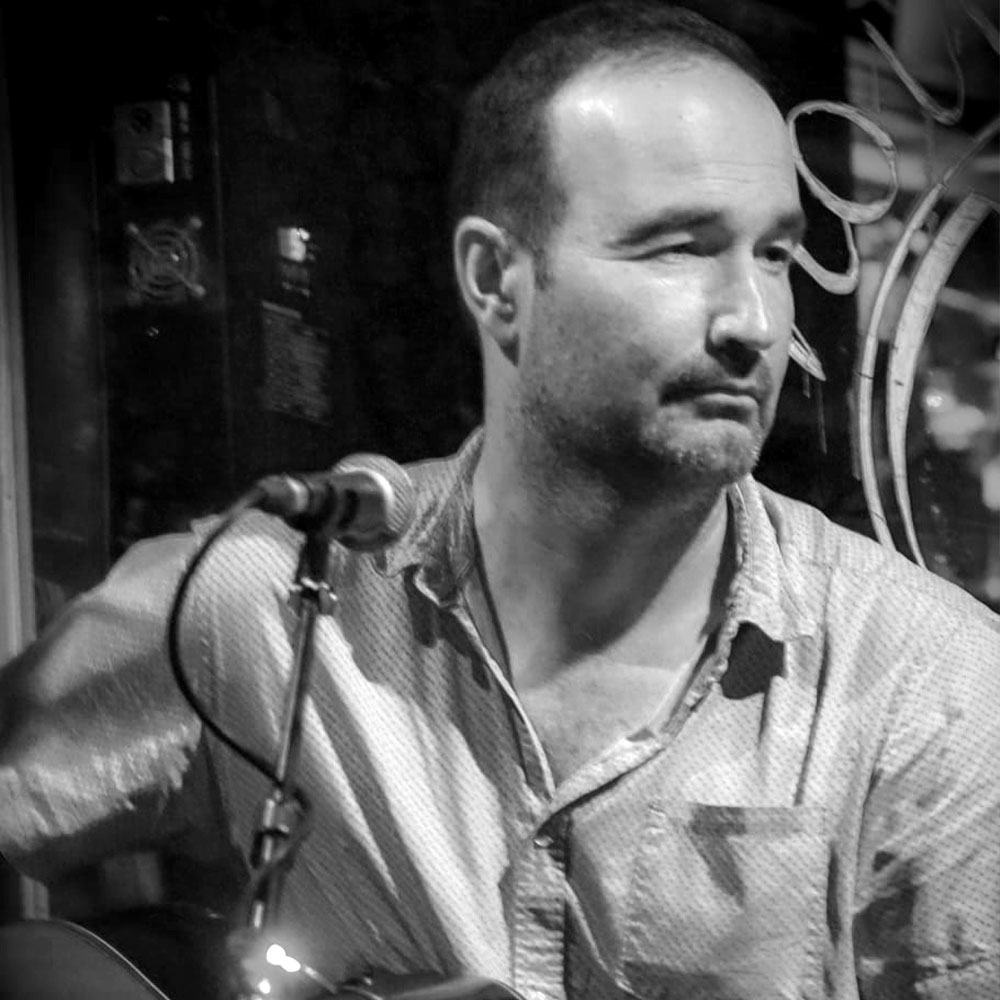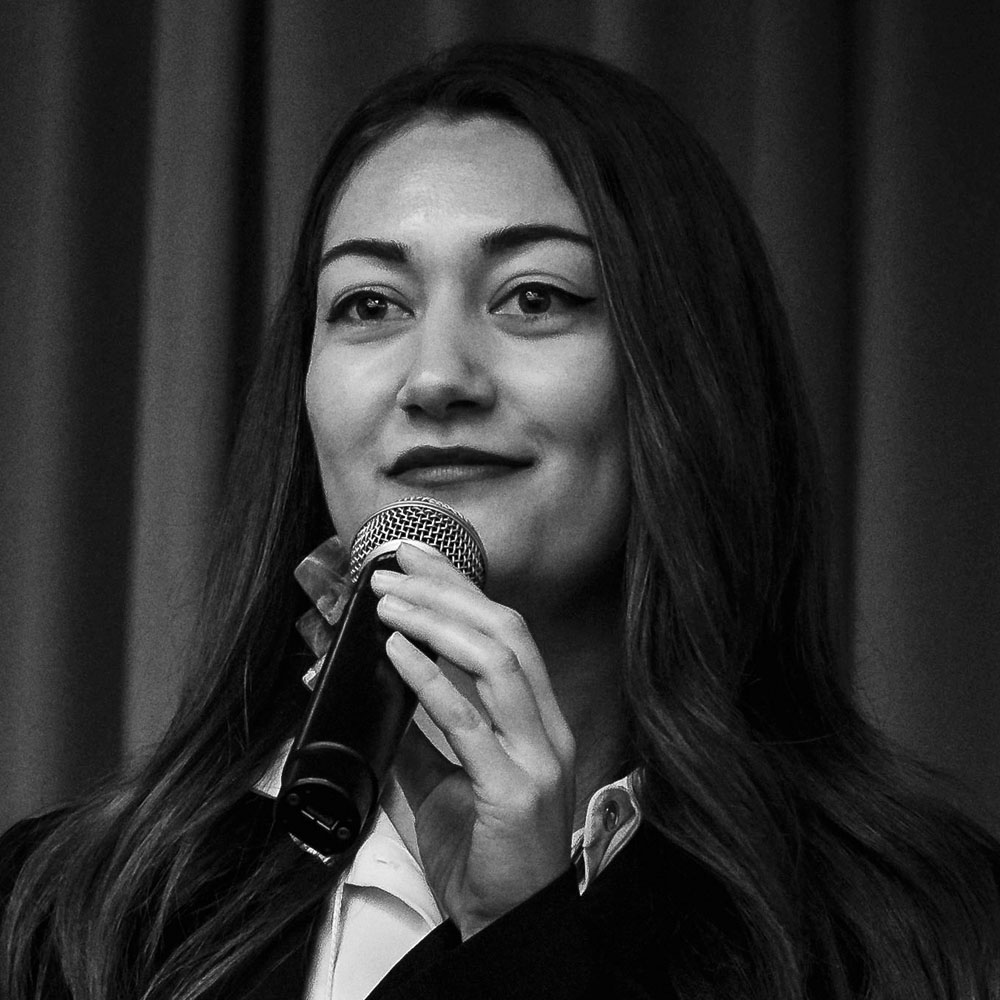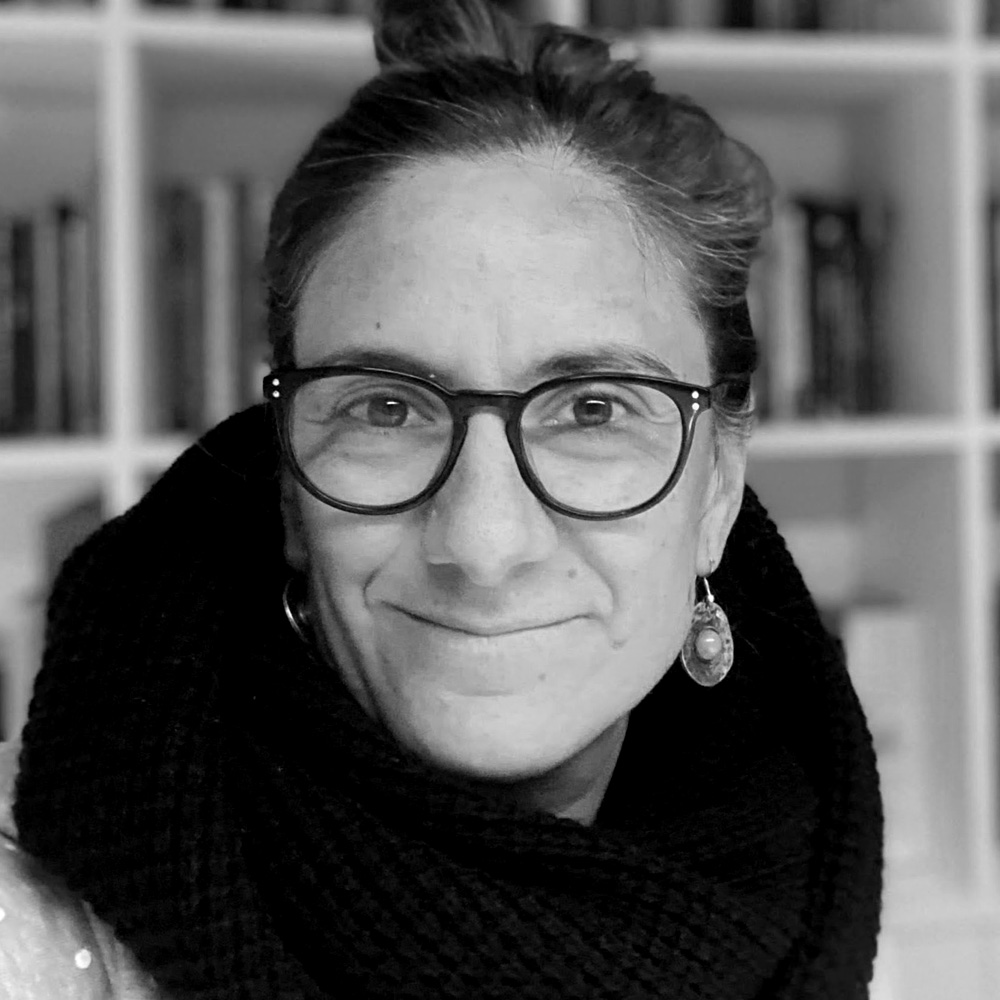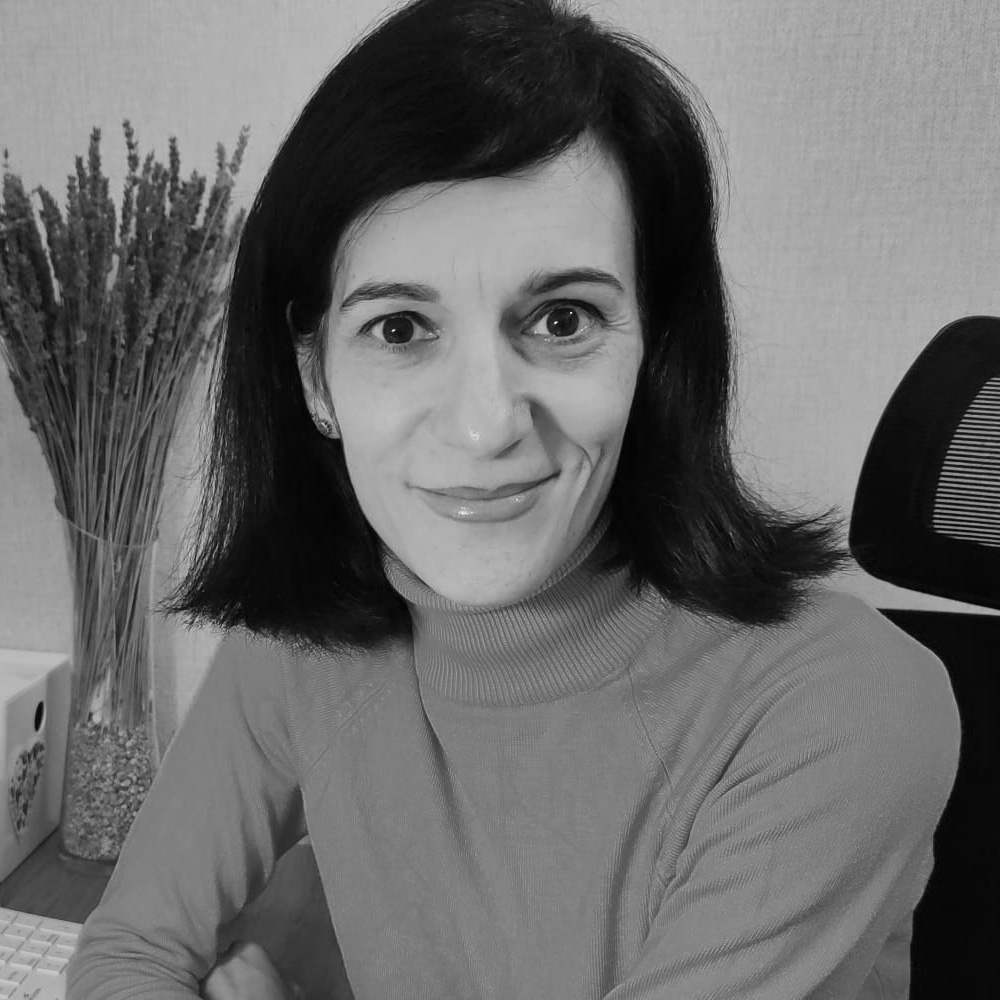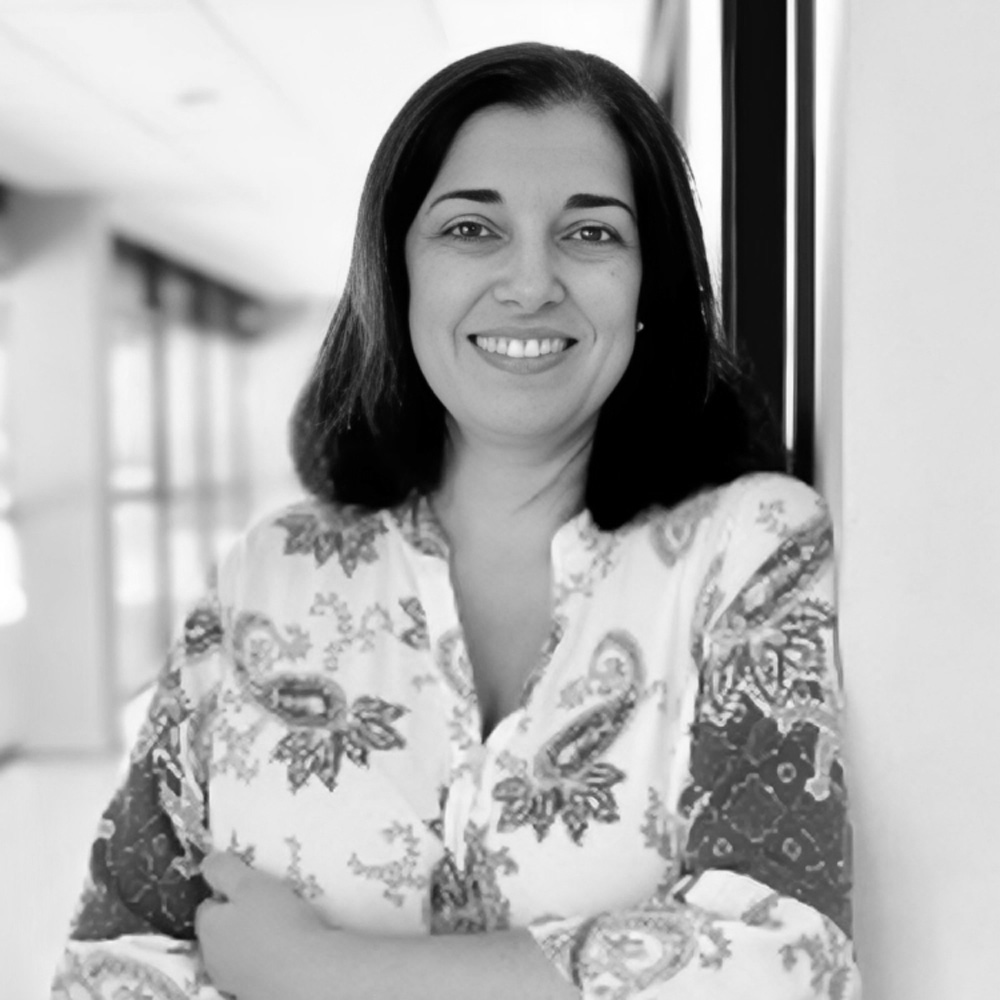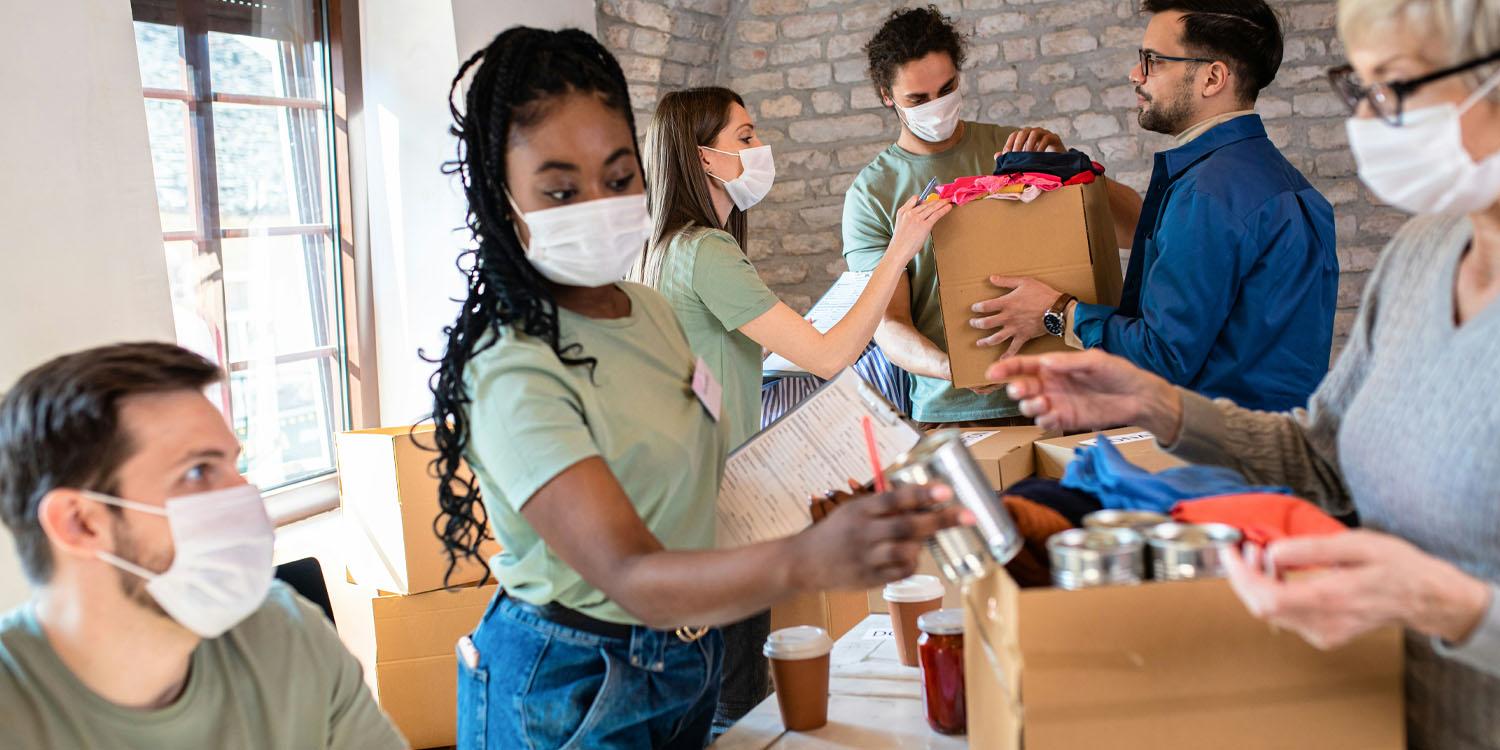Join us in Barcelona for BAMC2025!
September 30 – October 4, 2025 | Held in Barcelona, Spain (and online)
Introduction
The International Academic Forum (IAFOR) and the IAFOR Research Centre at the Osaka School of International Public Policy (OSIPP) at Osaka University, Japan, invite you to join The 6th Barcelona Conference on Arts, Media, and Culture, running alongside The 6th Barcelona Conference on Education. With an open call for papers, this event offers an engaging exploration of Education, Arts, Media, and Culture's latest advancements, inspired by diverse global ideas. Rooted in international, intercultural, and interdisciplinary foundations, BCE/BAMC2025 provides exceptional networking, professional development, and opportunities to present and publish contemporary ideas for academics at all career stages.
Throughout its history, Spain has served as a bridge connecting European and Arabic thought, having been conquered by both Romans and Arabs. This historical intersection became the cradle from which Arab intellectualism spread into Europe, showcasing the potential for different cultures to thrive and mutually influence one another within the same geographical space. Situated at the crossroads of Europe and North Africa, with the magnificent Mediterranean Sea as its backdrop, Barcelona has long been a focal point for intercultural communication and exchange and a harmonious coexistence of various cultures and ideas.
Today, this legacy continues to thrive in the city. Barcelona not only boasts its status as an international hub, seamlessly blending tradition and modernity, but it also serves as a hub of political and cultural uniqueness. As the epicenter of Catalonian separatism, Barcelona is a living testament to a politically active civil society composed of a distinct cultural and linguistic minority that ardently fights for its rights. Barcelona is where the realms of multiculturalism, linguistic diversity, political activism, technology, and global communication intersect, making it an ideal setting to explore interdisciplinary themes and collaborate with scholars from around the world.
In this dynamic and globally connected city, our conference, with a thematic focus encompassing Education, Arts, Media, and Culture, provides an opportunity to engage with a rich tapestry of ideas, cultures, and perspectives. Barcelona is where the realms of multiculturalism, linguistic diversity, political activism, technology, and global communication intersect, making it an ideal setting to explore interdisciplinary themes and collaborate with scholars from around the world.
In keeping with IAFOR’s commitment to interdisciplinary study, delegates at either conference are encouraged to attend sessions in other disciplines. Registration for either conference will allow delegates to attend sessions in the other. We expect the resultant professional and personal collaborations to endure for many years, and we look forward to seeing you in Barcelona and online!
– The BAMC2025 Programme Committee
- Venue & Location: Held in Barcelona, Spain (and online)
- Dates: Tuesday, September 30, 2025 to Saturday, October 04, 2025
- Early Bird Abstract Submission Deadline: May 02, 2025*
- Final Abstract Submission Deadline: July 04, 2025
- Registration Deadline for Presenters: August 08, 2025
*Submit early to take advantage of the discounted registration rates. Learn more about our registration options.
Speakers
-
Heitor AlvelosUniversity of Porto, Portugal
-
Marcos Centeno-MartínUniversity of Valencia, Spain & SOAS, University of London, United Kingdom
-
Joan DelgadoThe Raval's Band, Spain
-
Agustín GálvezThe Raval's Band, Spain
-
Brendan HoweEwha Womans University, South Korea
-
Melina NeophytouIAFOR, Japan
-
Dolors Ortega ArévaloUniversity of Barcelona, Spain
-
Marta Ortega SáezUniversity of Barcelona, Spain
-
Catalina Ribas SeguraComillas Pontifical University, Spain
Programme
-
Embedding Social Responsibility: Service-Learning as a Tool for Knowledge Transfer in the New University LandscapePanel Presentation: Dolors Ortega, Marta Ortega, Catalina Ribas Segura
-
Circulation of Japanese Newsreels on the War in Asia (1931-1945) in SpainKeynote Presentation: Marcos Centeno-Martin
-
A Journey Through the History of the Catalan RumbaRumba Catalana Performance and Workshop: Joan Delgado, Agustín Gálvez
International Advisory Board
Dr Joseph Haldane, Chairman and CEO, IAFOR
His Excellency Professor Toshiya Hoshino, Osaka University, Japan
Professor Barbara Lockee, Virginia Tech., United States
Professor Donald E. Hall, Binghamton University, United States
Dr James W. McNally, University of Michigan, United States & NACDA Program on Aging
Professor Haruko Satoh, Osaka University, Japan
Dr Grant Black, Chuo University, Japan
Professor Dexter Da Silva, Keisen University, Japan
Professor Gary Swanson, University of Northern Colorado, United States
Professor Baden Offord, Curtin University, Australia
Professor Frank Ravitch, Michigan State University, United States
Professor William Baber, Kyoto University, Japan
Conference Programme Committee
Professor Heitor Alvelos, University of Porto, Portugal
Dr Sue Ballyn, University of Barcelona, Spain (Conference Co-chair)
Professor Anne Boddington, Executive Vice-President and Provost, IAFOR & Middlesex University, United Kingdom
Professor Susana Barreto, University of Porto, Portugal
Dr Joseph Haldane, IAFOR and Osaka University, Japan, & University College London, United Kingdom (Conference Co-chair)
Professor Raul Fortes Guerrero, University of Valencia, Spain
Dr Mattia Mantellato, University of Udine, Italy
Gloria Montero, Novelist, Playwright and Poet, Spain
Professor John McLeod, University of Leeds, United Kingdom
Dr Dolors Ortega Arévalo, University of Barcelona, Spain
Professor Antonella Riem, University of Udine, Italy
Conference Review Committee
Now accepting applications
To be Announced
IAFOR's peer review process, which involves both reciprocal review and the use of Review Committees, is overseen by the Conference Programme Committee under the guidance of the International Academic Board (IAB). Review Committee members are established academics who hold PhDs or other terminal degrees in their fields and who have previous peer review experience.
If you would like to apply to serve on the BAMC2025 Review Committee, please visit our application page.
